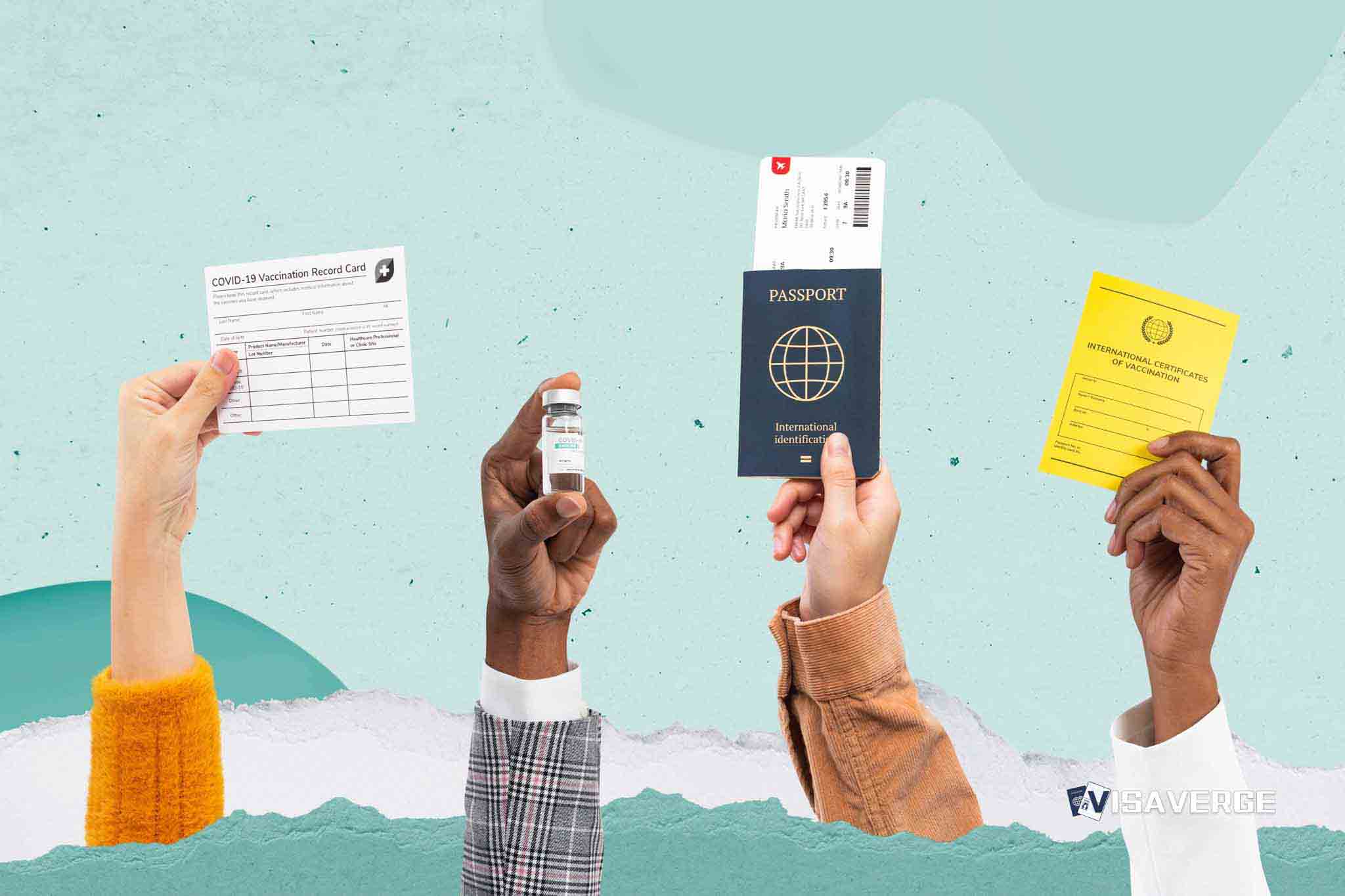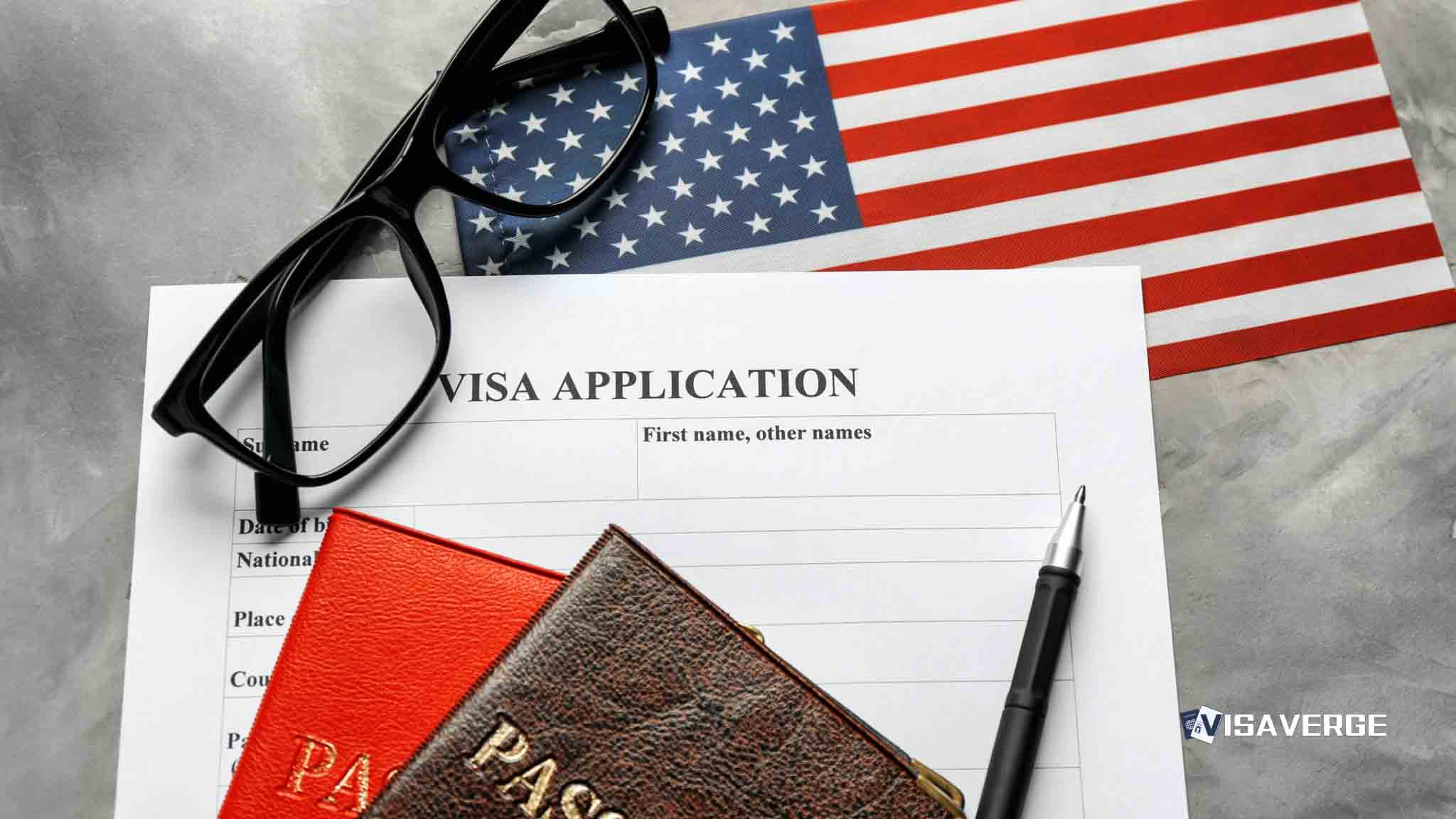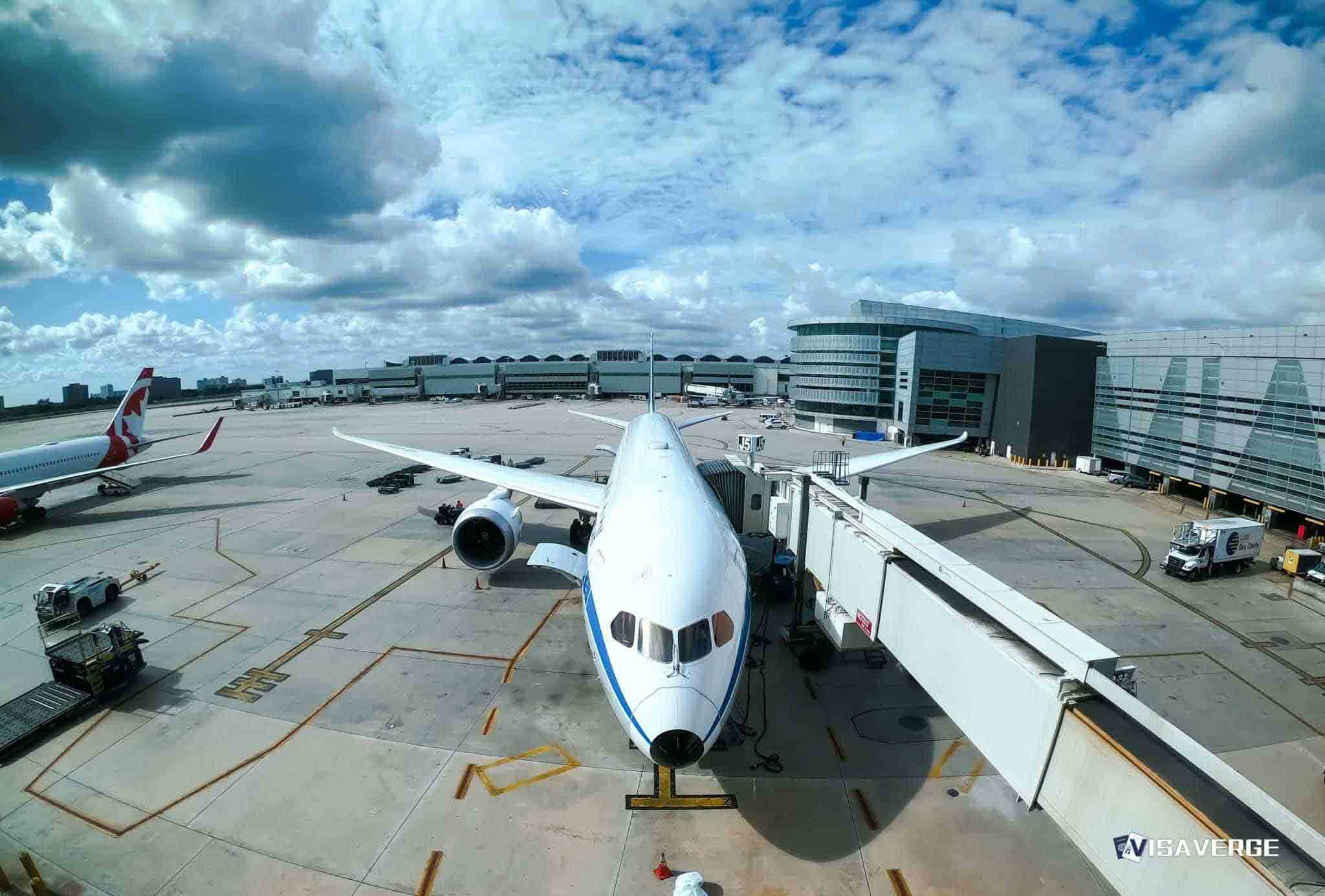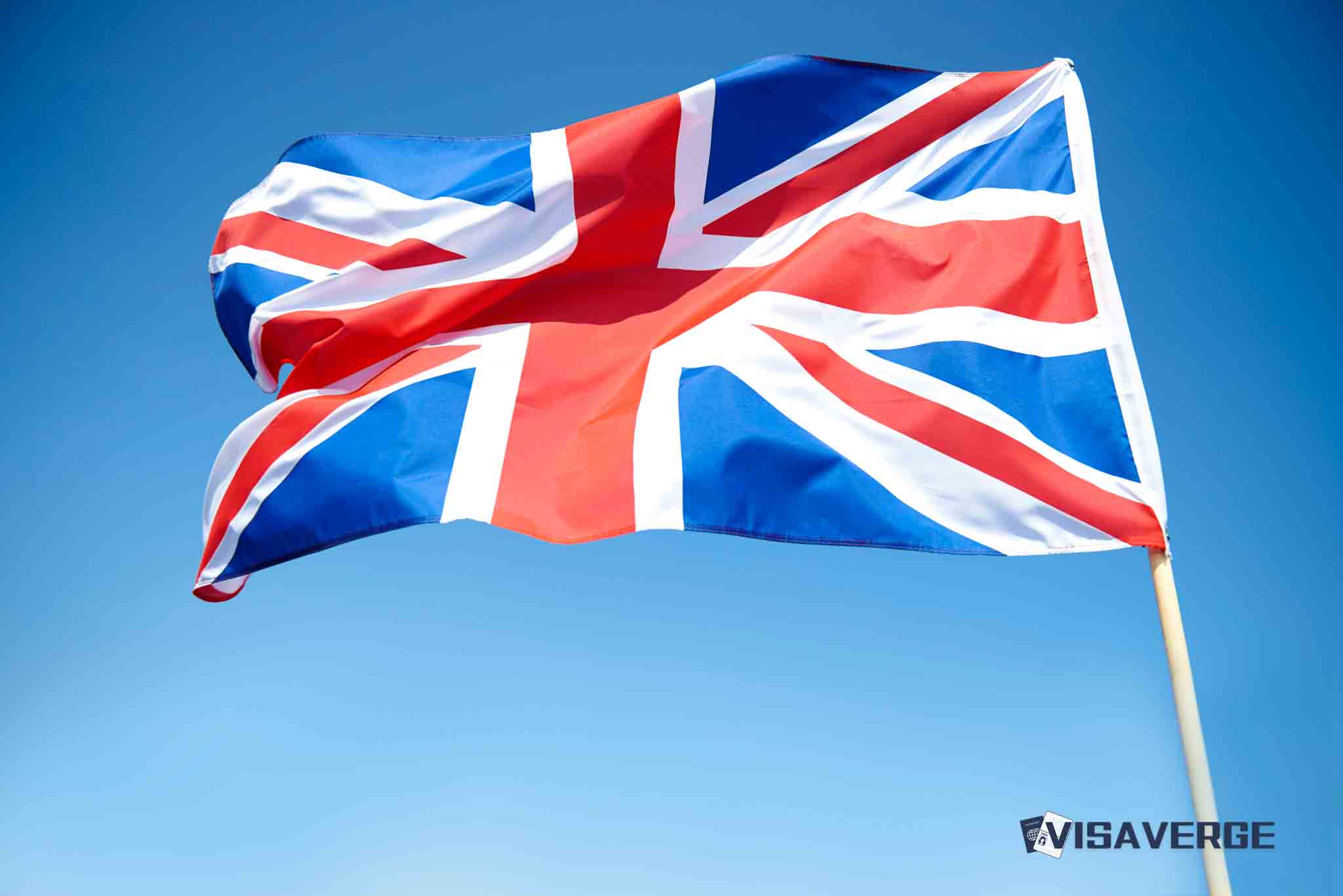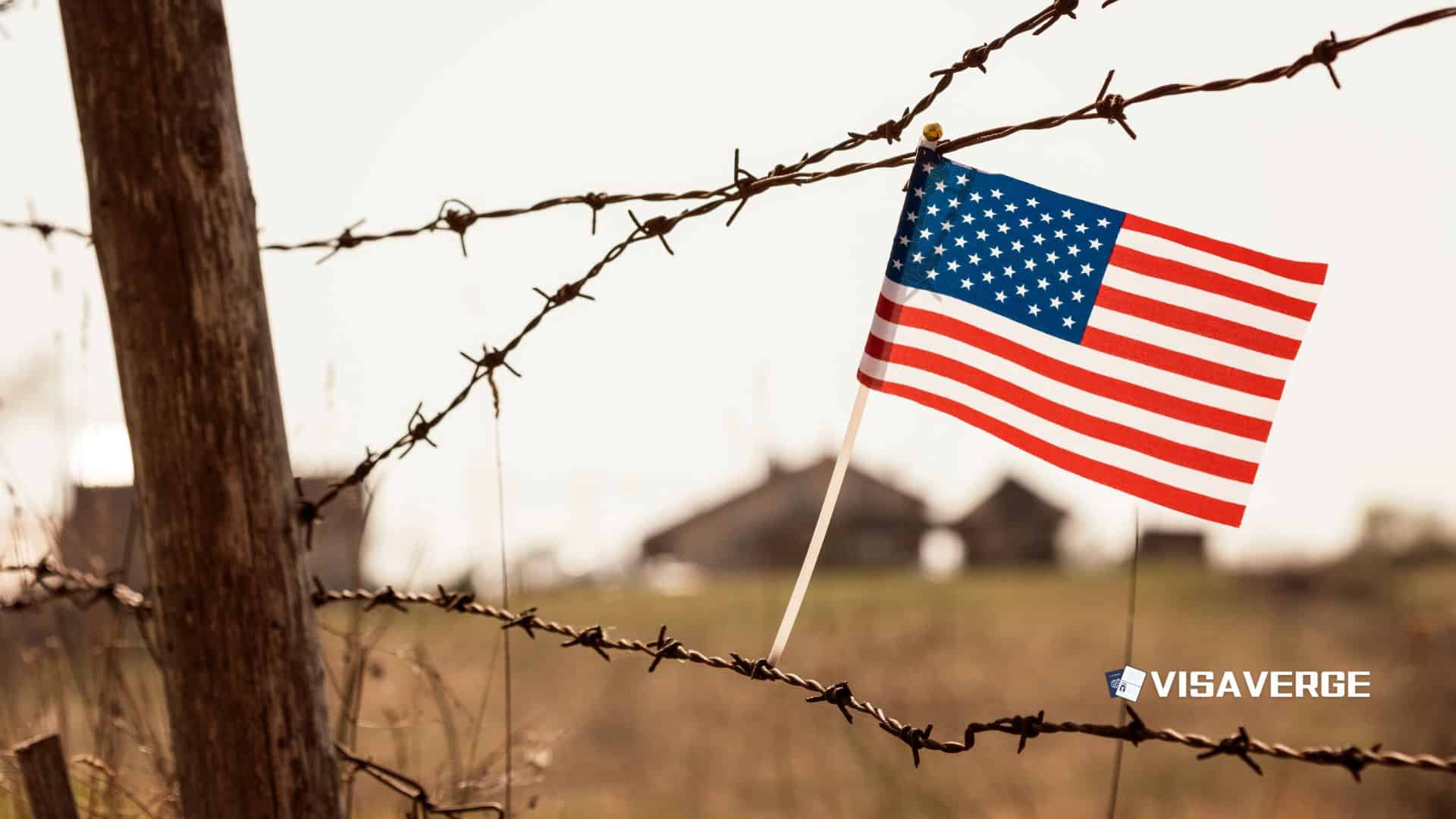(KENYA) A Kenyan High Court decision on 18 November 2025 has ordered the government to immediately restart the registration of Eritrean and Ethiopian asylum seekers, ending a months-long freeze that rights groups say left thousands of people in legal limbo and exposed them to arrest, abuse, and exploitation in Kenya.
Background: the July suspension and the legal challenge

On 31 July 2025, the Commissioner for Refugee Affairs issued a directive that quietly suspended the registration of Eritrean and Ethiopian refugees and asylum seekers. The suspension was implemented without any clear public explanation, despite Kenya’s long record of hosting people fleeing conflict and repression across the Horn of Africa.
Lawyers representing a group of non-governmental organisations challenged the suspension in court. They argued that the July directive left nationals of the two countries in a dangerous legal vacuum: without proof they had sought asylum, they could be treated as irregular migrants and targeted for arrest, extortion, or deportation.
High Court judgment: key findings and orders
The High Court ruled the suspension unlawful and discriminatory, finding that:
- Blocking only Eritrean and Ethiopian nationals from registration amounted to differential treatment based purely on origin.
- The suspension breached both Kenya’s Constitution and regional human rights standards that bar discrimination on nationality or ethnic grounds.
- Kenya must comply with its Refugee Act of 2021 and its commitments under the 1951 Refugee Convention, which guarantee the right to seek asylum and to receive documents proving refugee status.
The court ordered the state to:
- Resume full registration of Eritrean and Ethiopian asylum seekers immediately.
- Treat each claim individually rather than applying a blanket exclusion.
- Issue documents proving lawful stay while protection claims are assessed.
The ruling ties the rights of Eritrean and Ethiopian asylum seekers directly to the 1951 Refugee Convention and to Kenya’s Refugee Act, signalling that any future restrictions must be justified, transparent, and lawful.
Practical effect for asylum seekers
The court order restores access to registration, allowing affected people to:
- Apply for refugee status documents necessary to live and work lawfully in Kenya.
- Enrol children in school.
- Access basic health care without constant fear of police checks or detention.
For families who arrived after 31 July 2025, the decision means they should now be able to approach government registration centres or mobile teams, submit their details, and obtain documentation that recognises their need for protection.
Practical guidance on the process is already published on the Kenya Refugee Affairs Secretariat website: https://refugee.go.ke. The High Court’s order gives those instructions the force of a binding judicial decision for Eritrean and Ethiopian nationals.
Humanitarian impact of the suspension
Humanitarian agencies report immediate and deep effects from the July suspension, particularly in camps and urban centres:
- New Eritrean and Ethiopian arrivals continued to cross the border but could not obtain the basic registration slip confirming they had sought protection.
- Without legal status, many were unable to access food distributions run through official camp systems.
- Families struggled to enrol children in local schools.
- People avoided public clinics for fear their lack of documents would be reported to security agencies.
Table: Primary harms from the suspension
| Harm | Result |
|---|---|
| No registration slip | Treated as irregular migrants; risk of arrest or deportation |
| Unable to access food distributions | Increased food insecurity |
| Barriers to school enrolment | Children denied education |
| Avoidance of clinics | Reduced access to healthcare; higher health risks |
Legal and institutional implications
Legal scholars say the judgment strengthens the refugee protection system in Kenya by confirming that administrative decisions cannot quietly undercut parliamentary laws or international treaties Kenya has joined.
According to analysis by VisaVerge.com, the decision sends a strong message that:
- Kenyan officials must follow the Refugee Act’s clear procedures.
- Any restriction on access to asylum must be justified, transparent, and in line with international law.
The case also highlights the growing role of Kenyan civil society in defending migrants’ and refugees’ rights, with local NGOs increasingly using the courts to challenge practices they view as unlawful.
Implementation challenges and next steps
While the High Court has issued the order, attention will now shift to on-the-ground implementation, especially in remote border regions and crowded urban areas where asylum seekers first arrive.
Humanitarian workers warn:
- People may distrust official promises after several months of exclusion.
- Many may fear that sharing their details will expose them to security forces.
- Rebuilding confidence will require clear communication and consistent behaviour from registration officers.
Lawyers expect Eritrean and Ethiopian asylum seekers who were turned away during the suspension to test the system in the coming weeks. They will closely monitor whether registration offices:
- Follow the letter of the High Court’s order.
- Uphold the spirit of the decision in practice.
Their experiences in the coming weeks will indicate whether courtroom promises translate into real protection for those on Kenya’s margins.
Key takeaway
Even in a region marked by political tension and frequent displacement, courts can act as a check on sudden policy shifts that harm people seeking safety. The High Court’s decision restores legal pathways for Eritrean and Ethiopian asylum seekers and reinforces that asylum access cannot be limited arbitrarily.
Kenya’s High Court on 18 November 2025 ordered the government to immediately restart registration for Eritrean and Ethiopian asylum seekers, ruling the July suspension unlawful and discriminatory. The court required individual assessment of claims and issuance of documentation, citing the Refugee Act of 2021 and the 1951 Refugee Convention. The decision restores access to work, education, and healthcare for affected people. Implementation in border and urban areas remains challenging, and NGOs will closely monitor compliance to ensure courtroom orders translate into real protection.




